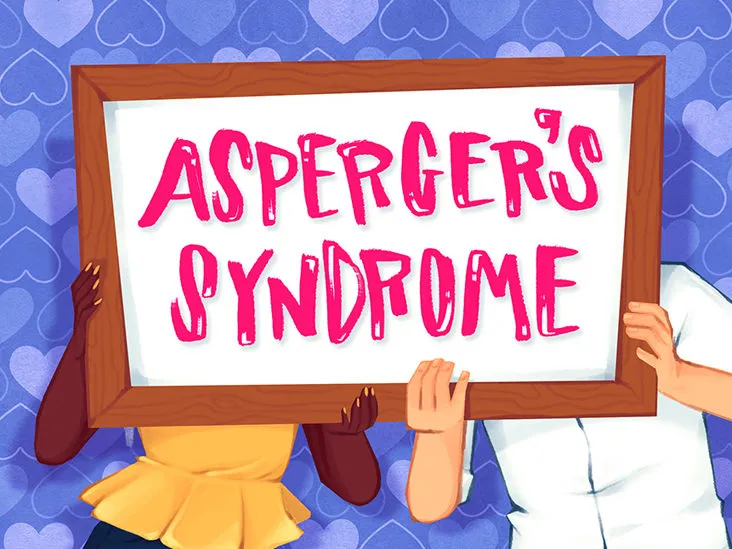Understanding Asperger’s

Understanding Asperger’s
What is Asperger’s?
So, let’s take a look at what this syndrome actually is.
While it used to be seen as a separate condition, Asperger’s is now considered to be part of autism spectrum disorder (ASD). People with ASD have a developmental disability that affects how they interpret the world around them and how they interact with others. They often struggle with social situations, communicating, building and maintaining relationships, and practising self-regulation.
The keyword here is ‘spectrum’. Each individual with ASD will fall somewhere on the spectrum of disability, from mild to severe. Asperger’s is on the mild end of the spectrum and is considered as Level 1 Autism. The differentiating factor is that people with Asperger’s usually don’t have a delay in language development, as opposed to other levels on the ASD spectrum.
What causes Asperger’s?
The quick answer is that we don’t really know. It can be genetic. It is also possible that the environment of the child plays a part in terms of safety, nutrition and exposure to toxins.
We do know that it is not caused by upbringing, nor is it caused by vaccines. The study continues, however, to try to ascertain the causes of ASD.
The history of Asperger’s
The Viennese paediatrician Hans Asperger first coined the term in the 1940s when he noted autism-like behaviour in children who had a ‘normal’ level of intelligence, and no language development issues.
Originally, it was considered a separate disorder, but in 2013, it was included under the umbrella term of autism spectrum disorder.
How is Asperger’s diagnosed?
Because there are rarely language development problems present in children with Asperger’s, it can be harder to diagnose. There is no scan or blood test that can be done. Often, a team of specialists in the field will observe a child over time and compare their development with milestones for their age group.
If you think your child may have Asperger’s, here are some things to look out for:
- They prefer to play on their own.
- They have a tendency to talk but not listen.
- They take things literally and don’t understand abstract ideas.
- They struggle with the rules of social behaviour.
- They may come across as unempathetic.
- They are very attached to routine and don’t like change.
- They struggle to make friends.
- They struggle to communicate.
- They don’t like to be touched or hugged.
- They avoid eye contact.
How can you support someone living with Asperger’s?
First and foremost, as we mentioned at the start, don’t make assumptions. Every person is different and has different strengths and weaknesses.
If you are unsure what a person with Asperger’s needs, ask them and repeat it back to them so that it’s clear.
Use positive reinforcement
Express immediate gratitude or show appreciation for tasks they have done.
Use schedules and routines
People with Asperger’s thrive on routine and understanding the expectations others have of them will help to reduce anxiety.
Avoid figurative speech or sarcasm
Because people with Asperger’s tend to take things literally and struggle with abstract concepts, try to avoid language that is loaded with implied and figurative meanings. Rather, use clear and concise language.
Ask about sensory sensitivity
People with Asperger’s may be sensitive to lights, sounds, tastes, smells and settings. Ask them about this so that you can avoid places where this will be a problem. If they experience sensory overwhelm, escort them somewhere quiet and give them time to recover.
The major difference that sets Asperger’s apart from ASD is that people with Asperger’s tend to:
- show milder symptoms of autism
- have strong language skills, without language delays
They may need very little day-to-day support, and they may not get a diagnosis until later in life.
;)




